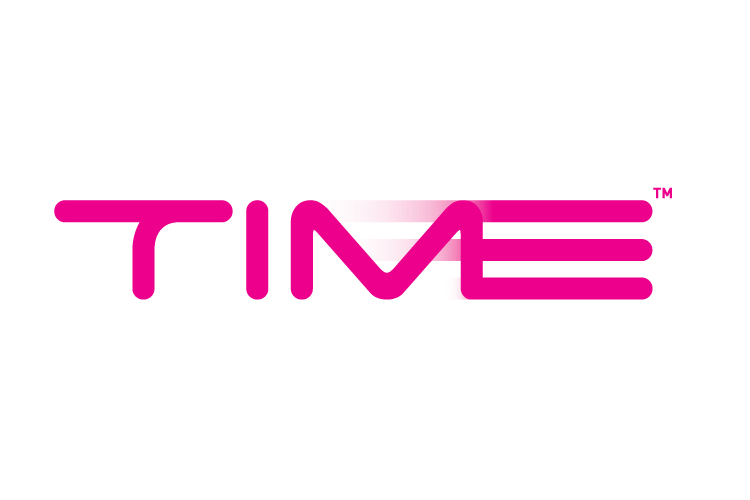Shah Alam, 05 December 2019 – TIME dotCom Berhad (“TIME” or “the Group”) has entered into a partnership with Facebook to invest in Internet infrastructure, opening up Malaysia to more connections and international hubs; as well as strengthening connectivity in Southeast Asia. The network infrastructure project stemming from this partnership is expected to be completed by end-Q2 2020 and will be used exclusively to support Facebook and its family of applications.
Malaysia’s strategic location in the heart of Southeast Asia and position as an East-West gateway makes it an attractive destination for foreign investments in Internet infrastructure, enhancing the growth of Malaysia’s digital economy.
“Facebook’s mission is to give people the power to build communities and bring the world closer together. This partnership will allow us to build a faster and more efficient network to better support our family of apps and services,” says Nico Roehrich, Facebook’s Network Investment Manager, APAC.
TIME is honoured to be Facebook’s chosen partner in this project. It further elevates TIME’s credibility and position as industry leader as well as contributing towards a better Malaysia.
“We look forward to the prospects that this partnership offers, as it opens the door for Malaysia to establish itself as a regional technology hub,” said Chiew Kok Hin, TIME’s Head of OTT. “More international connectivity and a robust domestic backbone will attract sizeable investments into Malaysia. It only makes sense for us to capitalise on the strategic location of Malaysia in Southeast Asia, ease of access and relatively lower cost of entry.”
The Malaysian Government is constantly reviewing policies, laws and regulations to adapt to the fast changing global market landscape. For example, the Ministry of Transport has simplified regulatory approval by revising the existing cabotage policy so that local and foreign vessels carrying out undersea cable repairs within Malaysian waters can start work without delay.
“The joint effort between the Ministry of Transport and the Ministry of Communications and Multimedia is in line with the National Fiberisation and Connectivity Plan (“NFCP”) to promote investments in undersea cables and encourage the deployment of landing centres in Malaysia,” said Communications and Multimedia Minister Gobind Singh Deo.
“Malaysia strongly encourages all undersea cables planned for deployment in this region to land in Malaysia to take advantage of the cabotage exemption for undersea cable repairs. With more undersea cables and a faster cable repair approval process in place, Malaysians can enjoy faster and more reliable Internet access to international sites,” Gobind added.
Working closely with the industry, the government has taken significant steps to boost Malaysia’s competitiveness to make the country attractive to global technology giants like Facebook, Google, Amazon, Microsoft, Apple, Alibaba and Tencent, to name a few. In addition to being investors of submarine cables, these companies are also builders of hyperscale data centres around the world.
“Let us break down the silos and stay agile to industry demands. As we attract more high value investments from global technology giants into Malaysia, our telecommunications and Internet industry will grow from strength to strength resulting in the creation of more jobs and business opportunities,” said Transport Minister Anthony Loke.
















